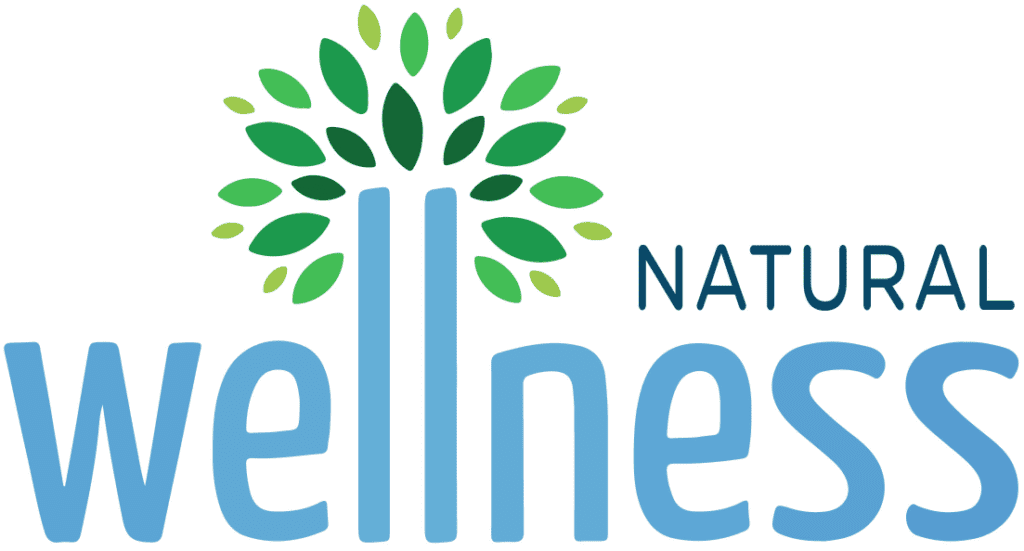Making a commitment to have healthier eating habits is a tough one. Knowing how to implement that commitment maybe even harder. Where do you start? What foods should you eat, and which ones should you stay away from? These are all questions you should answer before going out to the grocery store.
We need nutrients to survive. We need vitamins, minerals, and calories every day. There are two types of nutrients. Micronutrients are our vitamins and minerals, and macronutrients are where our calories come from. The three types of macronutrients are fat, carbohydrates and proteins.
Many people think that all fats are bad and recently started thinking all carbohydrates are bad too. That leaves us with just protein. If this were the case, our diets would not be very enjoyable. Fortunately, not all fats are bad and the same goes for carbohydrates.
Carbohydrates
With all the negative publicity recently, you might be afraid to eat any carbohydrates. Carbohydrates are our main fuel source. Our brain cannot use anything else to power itself with and our muscles will work the best on it. Do not deprive yourself of it. Carbohydrates that you should stay away from are sugary and refined foods, such as most breakfast cereals, cakes, biscuits, sweets, fizzy drinks, and many snacks They usually contain less fibre, vitamins and minerals and phytonutrients than wholefoods. Good carbohydrates such as whole grains i.e. brown rice sweet potato wholegrain bread, vegetables and fruits will keep you energized throughout the day and avoid sugar highs and lows.
Fats
Fats are also very important. Without fat, our body would not be able to utilize some of the vitamins we consume. Fat is found in our cell walls and makes up a big part of hormones.
Types of Fats:
Saturated fats are found in animal products (meat, full fat dairy products), coconut oil and palm oil. Some forms of saturated fat,for example, the kind in coconut, are very healthy. Animal saturated fats that are solid at room temperature i.e., beef and lamb are not.
recommended in high quantities.
Trans fats are found at low natural levels in some animal products.Of particular concern are trans fats found in processed foods containing hydrogenated or partially hydrogenated vegetable oils. Consumption of trans fats is linked to heart disease.
Mono-unsaturated fats are found in nuts, olives, and avocado. Mono-unsaturated fats are heart-healthy; they lower bad cholesterol. (LDL), raise good cholesterol (HDL) and lower blood pressure. Consumption is also linked to reduced risk of cancer and diabetes.
Poly-unsaturated fats (omega-6s and omega-3s) Linoleic acid (omega-6) and alpha-linolenic acid (omega-3) are essential in the diet provided they are the correct ratio. However, most Western diets contain too much omega-6 and not enough omega-3. This is because Western diets include large amounts of sunflower and corn oils (and processed foods containing them), grain-fed meat and margarines. Other important omega-3 fats, DHA (docosahexaenoic acid) and EPA (eicosapentaenoic acid), are found in oily fish like wild salmon and seaweed. The body can make DHA and EPA from alpha-linolenic acid but this pathway doesn’t work well in some people (e.g. those with diabetes). That’s why it is important to obtain these fats from fish such as wild salmon, mackerel, anchovies, sardines and herring (think SMASH as an easy acronym). Vegetarians can take an algal based DHA/EPA supplement.
